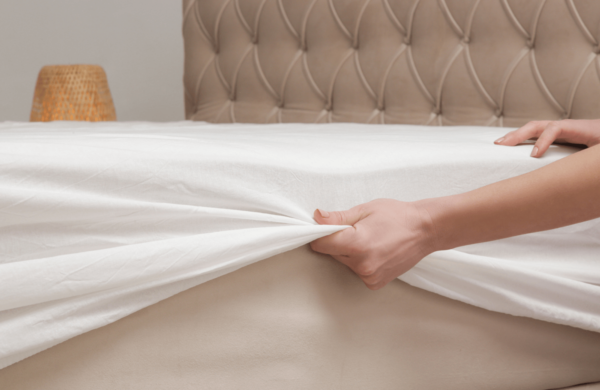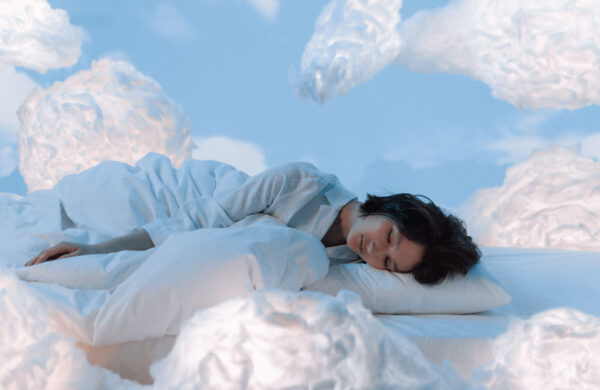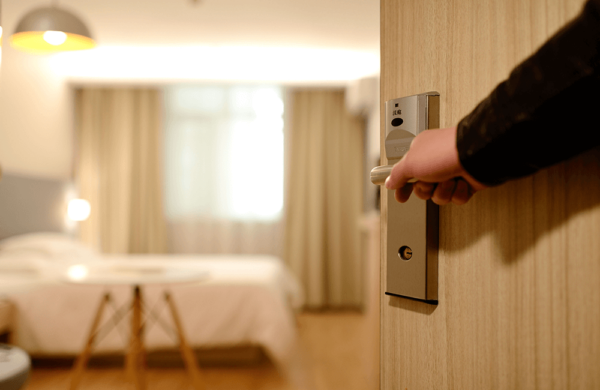Sleep myths – Fact or fiction?
We spend around a third of our lives asleep. When you stop and think about this, it seems crazy that we could spend 25 YEARS unconscious if we live to the grand old age of 75! Say, whaaaaaaaaat.
It’s no surprise then that there are common misconceptions about the subject. Sleep is widely believed to be vital for the restoration and reparation of our bodies and brains, and all creatures do it differently.
See our articles on ‘How to get to sleep fast’ and ‘How to fix your sleep schedule’ for more information about why we sleep, how to sleep better and what to do when you can’t sleep.
We’ve looked at some of the most common and interesting ‘myths’ surrounding the topic of sleeping and have blown the fictions wide open, for you, our esteemed readers. Read on and enjoy.
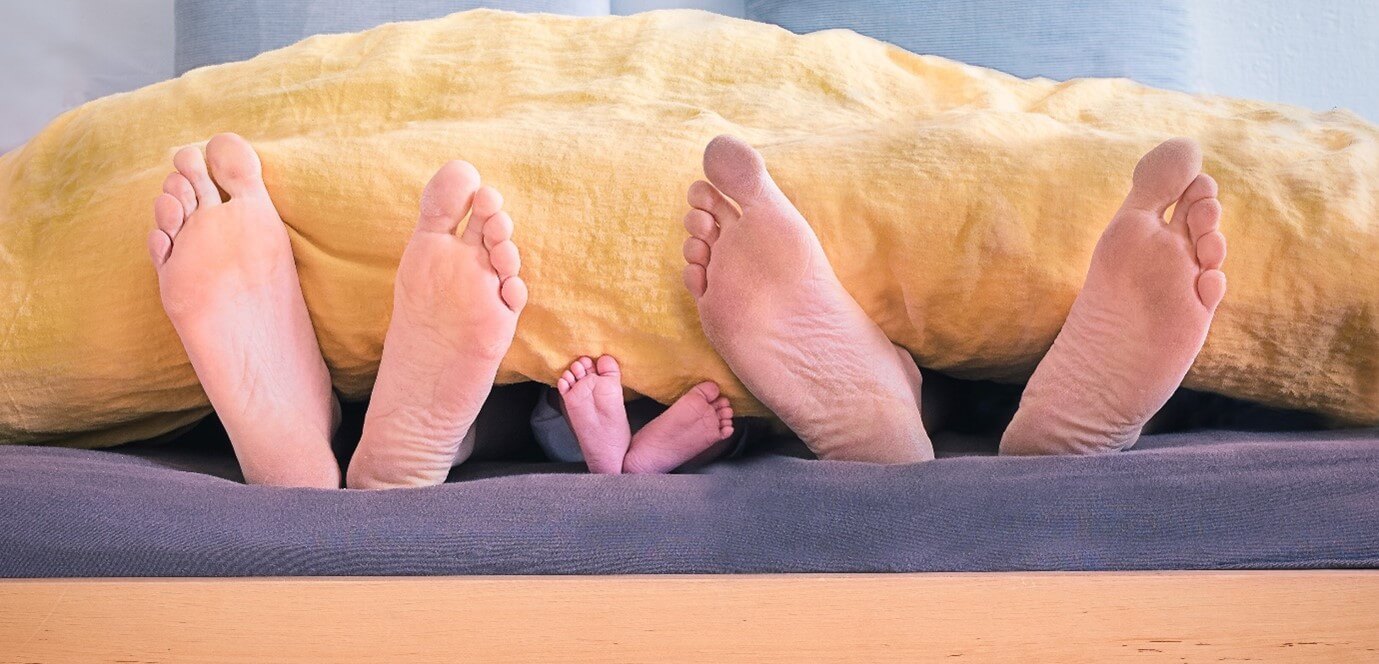
You need 8 hours of sleep a night on average
More and more research is being conducted into the role of sleep and we know more now than ever, although there are some sleep mysteries that still remain.
The National Sleep Foundation commissioned a study into the optimum number of hours of sleep needed per night, for a range of age groups, and concluded that 7 – 9 hours of sleep was best for adults. Teenagers, newborns and children in general need more than this whilst the recommendation for older adults was 7 – 8 hours.
FACT – 8 hours of sleep a night is a perfect amount of sleep for adults.
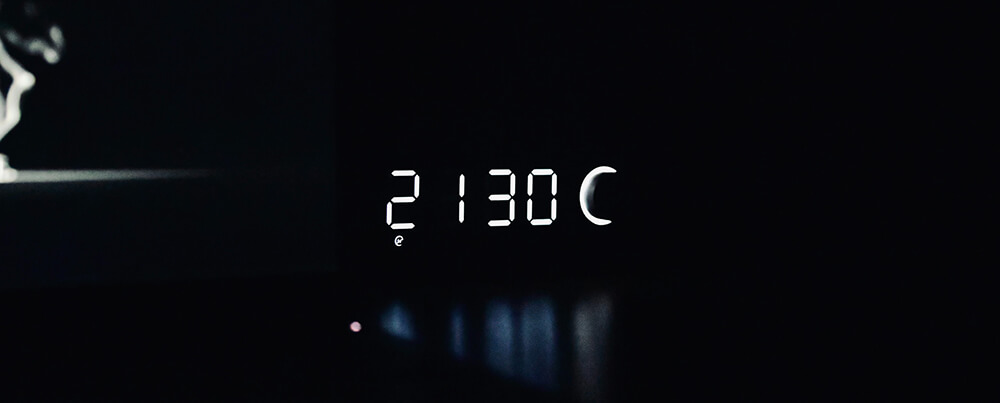
You eat spiders while you’re asleep
Imagine this – you’re a small house spider looking for a quiet dark corner in which to live. You find yourself in a dark room, perfect, but there are some very large, noisy creatures. What do you do next?
Do you decide to investigate, climb onto one of these monsters faces and enter the hole you find wide open there?!
NO, of course you don’t. You run like hell in the other direction and find another place to hang out. This is a complete myth. Spiders are super sensitive to vibrations and both our heartbeats and breathing would put all species of house spider off approaching us, whilst awake or otherwise.
Not to mention the fact that if you felt 8 hairy little legs creeping over your face, you’d almost certainly wake up.
FICTION – we definitely do NOT eat 4 – 8 spiders a year!
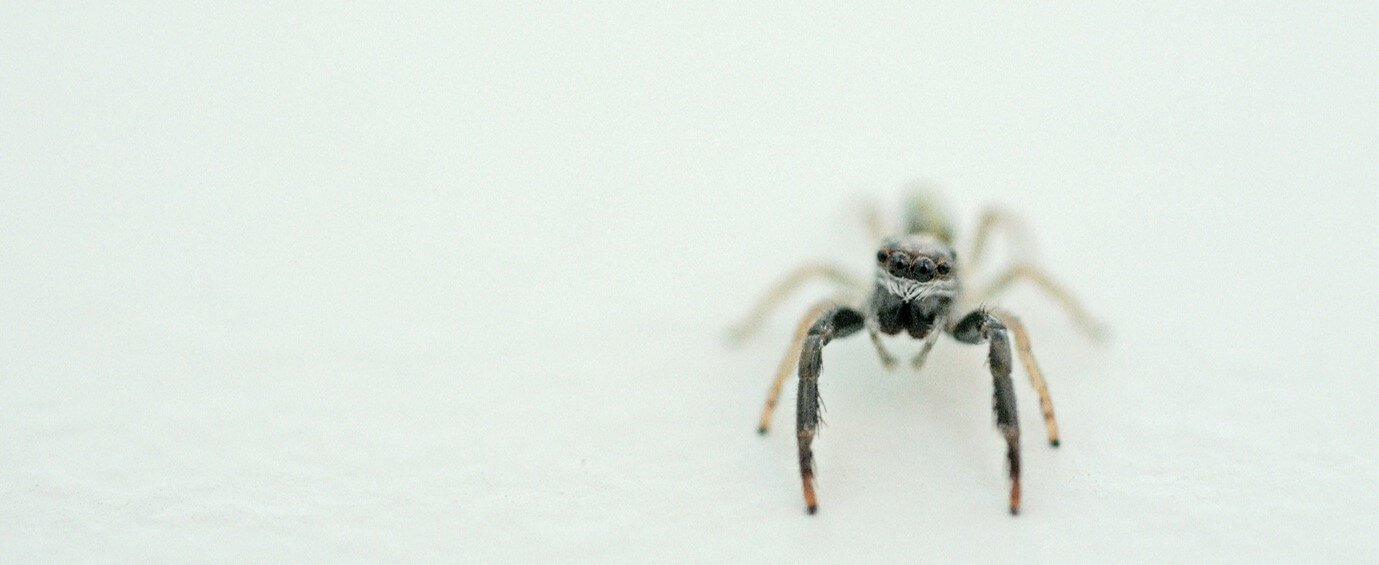
The best time to exercise is at night, before bed
Exercising regularly helps us to maintain a healthy body, keeps our weight at a healthy level and works wonders for our mental wellbeing by releasing endorphins which make us feel happy.
These are all facts and have been scientifically proven by experts globally. The best time to exercise however, is another matter. This will depend on you as an individual, your routine, your work and your eating habits. Some people may find they can only workout before bed. Exercising late at night is still going to be better for you than not exercising at all.
Some sleep studies have suggested that exercising too close to bedtime can raise your body temperature which inhibits melatonin production and can delay you feeling tired and make you struggle to fall asleep. As said, this is personal to us as individuals. I can say for certain that if I went for a run before bed, I would definitely be crawling under the covers afterwards!
FICTION – the best time to exercise can only be determined by you and your schedule.
Alcohol makes you sleep better
Many of us have enjoyed a night out and managed to over-indulge in a drink or two too many.
That feeling when you just need to go to bed after drinking too much has led many people to believe that drinking alcoholic drinks makes you sleep better.
It is true that alcohol depresses your central nervous system and reduces brain activity, making you feel relaxed and lethargic which can help you fall asleep.
However, studies have shown that the quality of your sleep when drinking excessively is drastically reduced. Falling asleep fast when inebriated sends many of straight into a deep sleep, known as REM sleep.
This creates an imbalance between the slow-wave sleep stages which can cause us to sleep fitfully, wake early and struggle to get back to sleep again. Consuming liquids in excess can also keep you up at night, adding to the poor-quality nights sleep.
FICTION – alcohol may make you fall asleep faster, but the quality of that sleep is often poor.
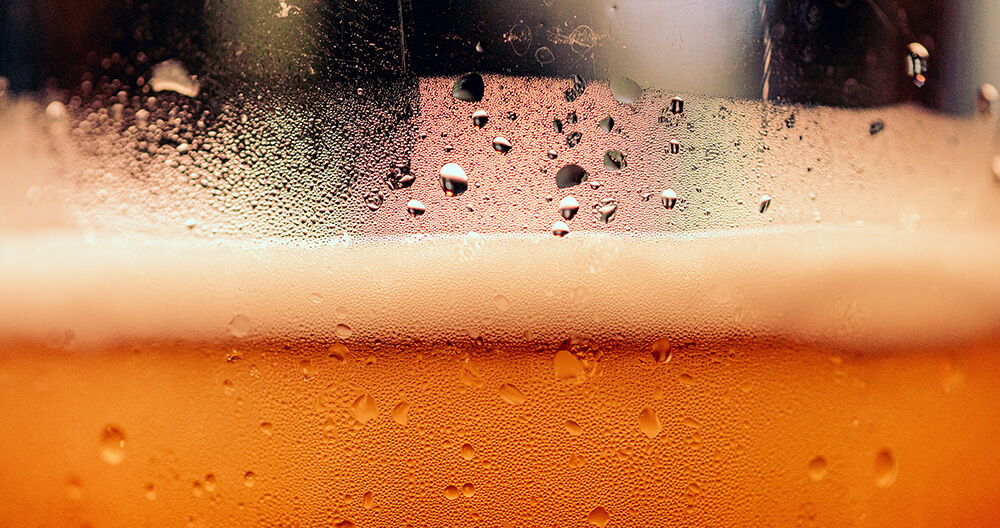
Cheese gives you nightmares
This is one we all must have heard before – eating cheese before bed will give you bad dreams. Well, there doesn’t seem to be any conclusive research out there that dairy affects dreaming, however certain studies have made a correlation between cheese and the type of dreams we have.
One particular study was conducted by the British Cheese Board and whilst there was no evidence to suggest that people slept worse after consuming cheese, some did report that different cheeses caused different types of dreams – weird.
The bad reputation of cheese as a nightmare-inducing midnight snack may be due to the amino acids contained within this food item. These proteins help the production of serotonin and melatonin which are those lovely sleep-inducing hormones that help us fall asleep.
Whether this is the reason or not, we suggest that you avoid eating anything, cheese included, too close to bedtime as the process of digesting your food can keep us in a state of wakefulness and affect our ability to fall asleep.
FICTION – eating cheese before bed does not give you nightmares.
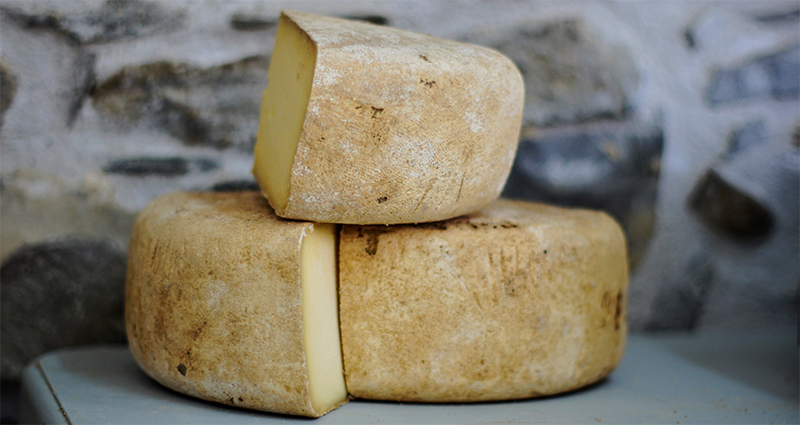
Only overweight people get sleep apnea
Sleep apnea is a condition where someone stops and starts breathing whilst they’re asleep. Studies have shown that there is a positive correlation between obesity and sleep apnea, although this condition can affect people with a normal BMI.
While being overweight is one of the health conditions that can increase the likelihood of sleep apnea, it is not the only one.
Facial anatomy can also increase your chances of suffering from sleep apnea. Those with large tonsils, large necks and small jaws may be at risk of this condition too.
FICTION – sleep apnea can affect people who aren’t obese.
You only have dreams during REM sleep
Some people dream vividly and some people don’t dream at all. Some of us remember our dreams but others don’t. Dreaming is still a bit of a mystery and psychologists have studied this for years.
The experts have not managed to pinpoint why we dream but can confirm how we dream. Research has concluded that we dream in both REM and non-REM sleep stages.
Scientists say that REM dreams tend to be more vivid and can be more outlandish than those experienced during other sleep stages but that we do dream throughout the night.
FICTION – we dream at all stages of sleep, not just REM.
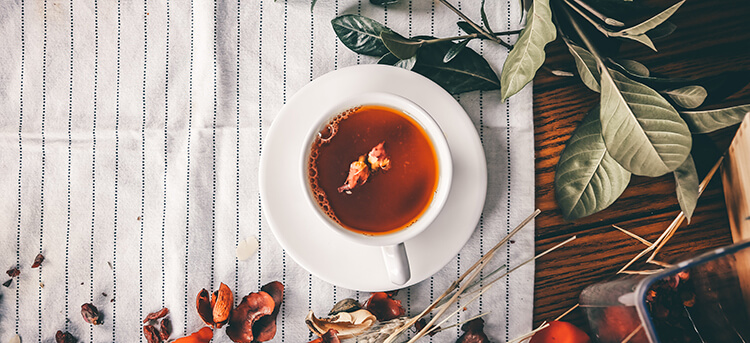
A hot drink can help you to sleep
This is an age-old tale that we probably heard from our grannies – but does a nice warm drink help you get to sleep? Research has proven inconclusive and there is no definitive scientific proof that drinking a hot drink before bed can aid sleep.
However, there are elements to this ‘myth’ that may be true. Drinks such as chamomile tea and warm milk are often associated with making you feel sleepy. Let’s look at each individually.
Milk contains that lovely amino acid, tryptophan, which helps us produce our wonderful sleep hormones. This could be why drinking warm milky drinks before bed can induce feelings of relaxation. Chamomile has long been known for its health benefits and has been linked as a remedy to all kinds of ailments including diabetes, anxiety and for relieving menstrual pain.
One study claimed that chamomile acted like a benzodiazepine which is a drug that can induce sleep. Again there is no conclusive proof but that doesn’t mean it isn’t a super helpful flower.
FACT & FICTION – a hot drink doesn’t necessarily send you straight to sleep but a warm glass of milk before bed may help you to feel tired.



